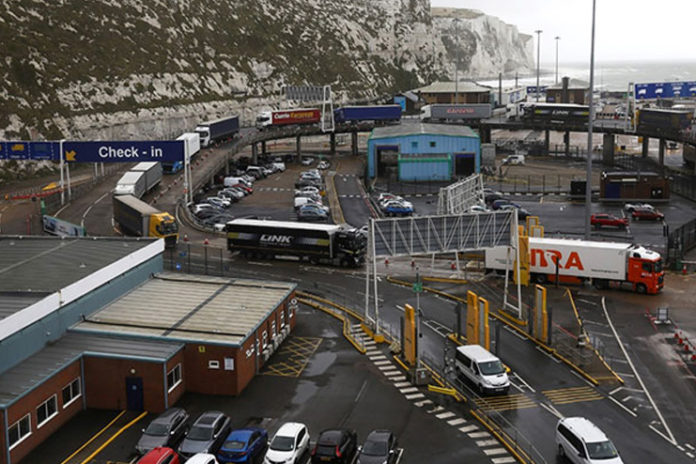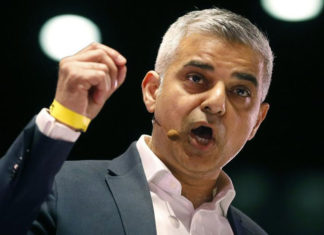To compete with post-Brexit customs paperwork, British firms are looking for cheaper overseas labor and they are looking at creating jobs in countries such as Romania and India to fill up for the shortage of trained staff in Britain.
As there is a demand for services, Xpediator Plc, that takes care of freight flows for international companies, has been hiring workers in Romania.
The firm’s group, marketing manager, Dave Gladen says the country has enough expertise in the EU’s customs rules as it joined the block in 2007.
Gladen said in a telephone interview, “It’s allowed us to get some great expertise, and obviously there’s a lower cost,”
“Salaries for customs clearance representatives in the U.K. have just escalated crazily.”
On Jan 1st, when commerce between the U.K. and its largest trading partner would have a lot of paper work and if the two sides agree for a free-trade agreement, then hundreds of millions of extra customs declarations will be required on goods crossing the border annually, at an estimated cost of 13 billion pounds ($17 billion).
Thus, the Britain’s logistics industry is looking at creative ways to be ready for a wave of administration .
In recent weeks, Metro shipping ltd, took 17 extra staff from Chennai to handle Brexit-related work. Metro moves goods for some of Britain’s largest retailers and automotive companies.
An England-based firm, The Birmingham, expects it will have to handle an extra 120,000 customs declarations annually.
“There’s nowhere near enough skill-set here to cover it,” said Grant Liddell, business development director at Metro, which stopped taking on new clients for Brexit in August because it was at capacity. “We have really geared up,”
For the Government, it is not a good sign to have shortage of customs agents. This could be a hindrance while trading with EU after the end of the Brexit transition period.
The lack of paperwork can be risky as goods would be held up at the border, potentially causing traffic chaos.
As another option, businesses might not trade with the EU if they are find it difficult to file appropriate documents.
A lot of efforts are being made by officials to control this problem. They are offering grants to businesses to train customs staff.
As per the National Audit Office, of 84 million pounds made available, less than a third had been paid out as of Oct. 16. That being said, there hasn’t been any significant success to this yet.
A lobby group,the Road Haulage Association, has estimated that the U.K. requires an extra 50,000 customs agents to handle the added Brexit workload.
So far, the Government hasn’t revealed details of how many have been trained.













































